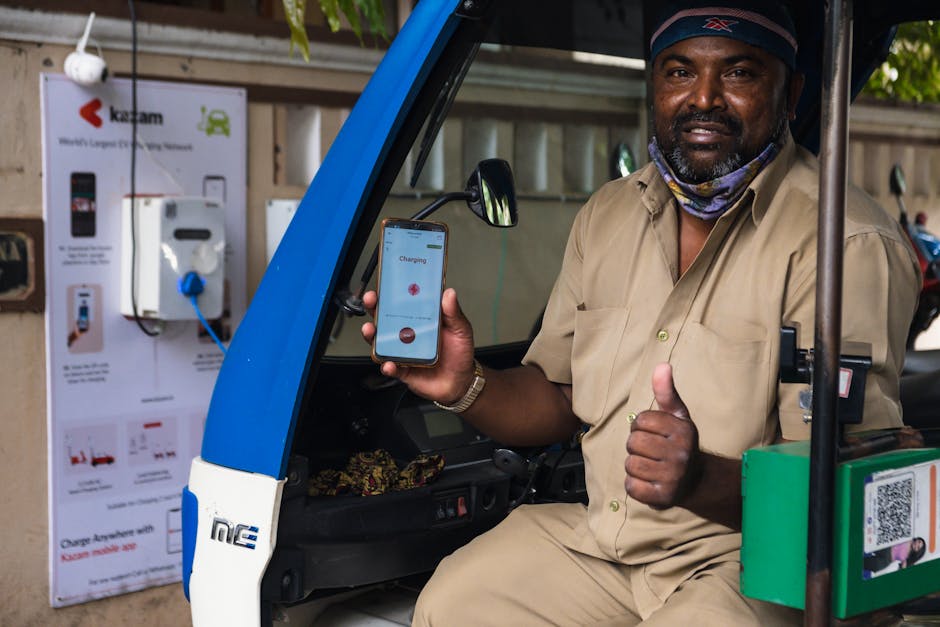No products in the cart.
Airports Authority of India Redefines Innovation and Sustainability at Routes World 2025
The Airports Authority of India is showcasing its commitment to innovation and sustainability at Routes World 2025, transforming travel experiences.
Delhi, India — The Airports Authority of India (AAI) is making waves at Routes World 2025, showcasing its latest advancements in innovation and sustainability. This annual global gathering, held from October 8-10, has become a pivotal platform for industry leaders to discuss the future of air travel. AAI’s initiatives aim to transform the airport experience while addressing pressing environmental concerns.
At the heart of AAI’s presentation is its commitment to sustainable airport operations. The authority has implemented advanced technologies that significantly reduce carbon emissions and enhance operational efficiency. The integration of renewable energy sources, such as solar power, is a hallmark of their strategy. Currently, 20 of AAI’s airports are powered by solar energy, generating approximately 50 MW of clean energy annually[1].
 sustainability at Routes World 2025″ loading=”lazy” />
sustainability at Routes World 2025″ loading=”lazy” />Beyond energy efficiency, AAI is investing in smart technology to improve passenger experiences. The introduction of biometric systems for check-in and boarding processes is designed to streamline operations and reduce wait times. AAI officials report that these systems can decrease processing times by up to 40%[2]. This innovation not only enhances traveler convenience but also aligns with global trends toward digitization in the aviation sector.
 Healthcare Careers
Healthcare CareersKaiser Permanente Settles Medicare Overbilling Claims for $556 Million
Kaiser Permanente's $556 million settlement over Medicare overbilling claims highlights critical issues in healthcare billing practices.
Critics argue that while AAI’s initiatives are commendable, they must be part of a broader strategy to address systemic issues within the industry, including reliance on fossil fuels and the need for more sustainable aircraft technology.
Furthermore, AAI is spearheading initiatives to promote sustainable practices among its stakeholders. The authority has launched a series of workshops aimed at educating airlines and ground service providers about eco-friendly operations. By fostering collaboration across the industry, AAI is setting a standard for collective responsibility in reducing the carbon footprint of air travel[3].
However, AAI’s approach is not without challenges. The aviation industry faces scrutiny over its environmental impact, and stakeholders are increasingly demanding accountability. Critics argue that while AAI’s initiatives are commendable, they must be part of a broader strategy to address systemic issues within the industry, including reliance on fossil fuels and the need for more sustainable aircraft technology.
As AAI continues to set ambitious targets, it is essential for the authority to engage with environmental advocacy groups and the public to build trust and transparency. Effective communication about progress and setbacks will be crucial in navigating the complex landscape of sustainability in aviation.
 Business And Entrepreneurship
Business And EntrepreneurshipZoho’s New Data Centers: Career Opportunities Ahead
Zoho's plans for new data centers in Africa and the Middle East signal a shift in tech hiring dynamics. Discover…
Read More →Looking ahead, AAI’s efforts at Routes World 2025 may serve as a blueprint for other airports worldwide. As global air travel is expected to rebound post-pandemic, the emphasis on sustainability will likely intensify. Airports that adopt similar innovative practices could not only enhance their operational efficiencies but also attract eco-conscious travelers.
In a landscape increasingly shaped by environmental concerns, the Airports Authority of India is positioning itself as a leader in the transition towards a greener future. By prioritizing innovation and sustainability, AAI is not just transforming the airport experience but also influencing the global aviation narrative.










